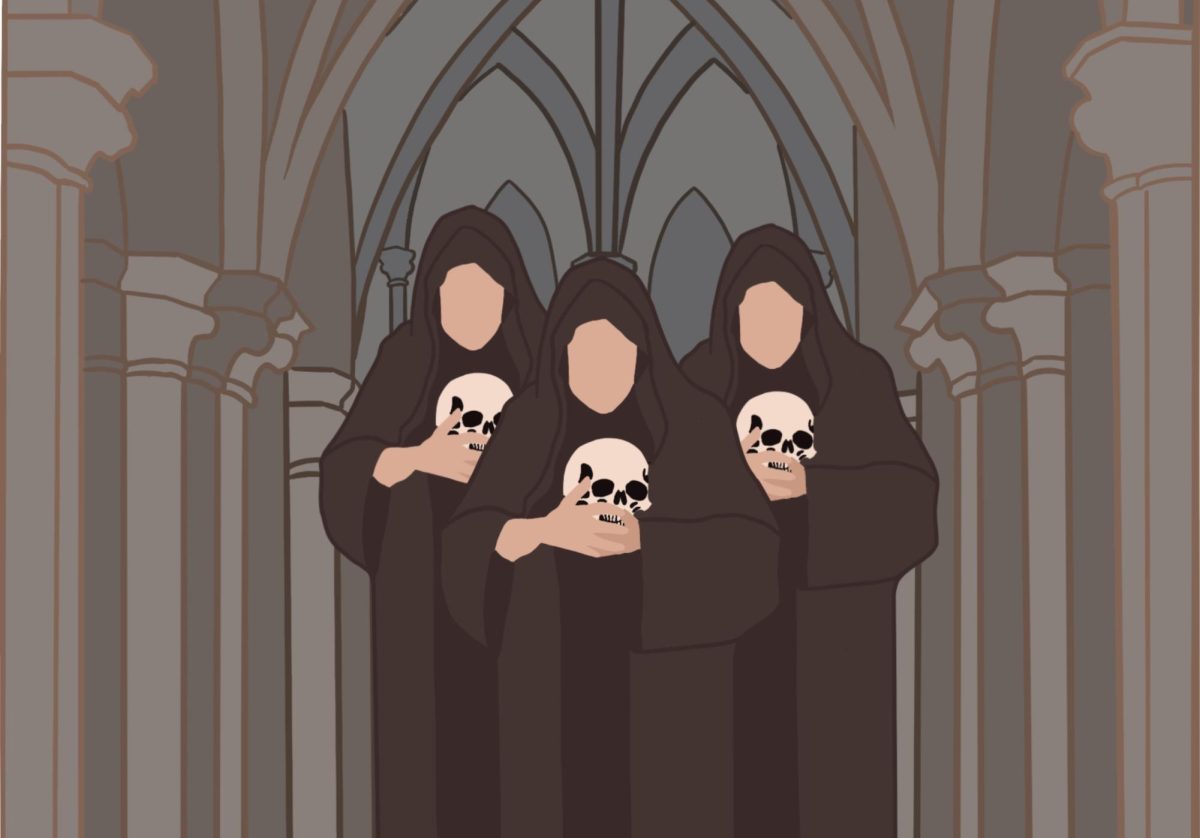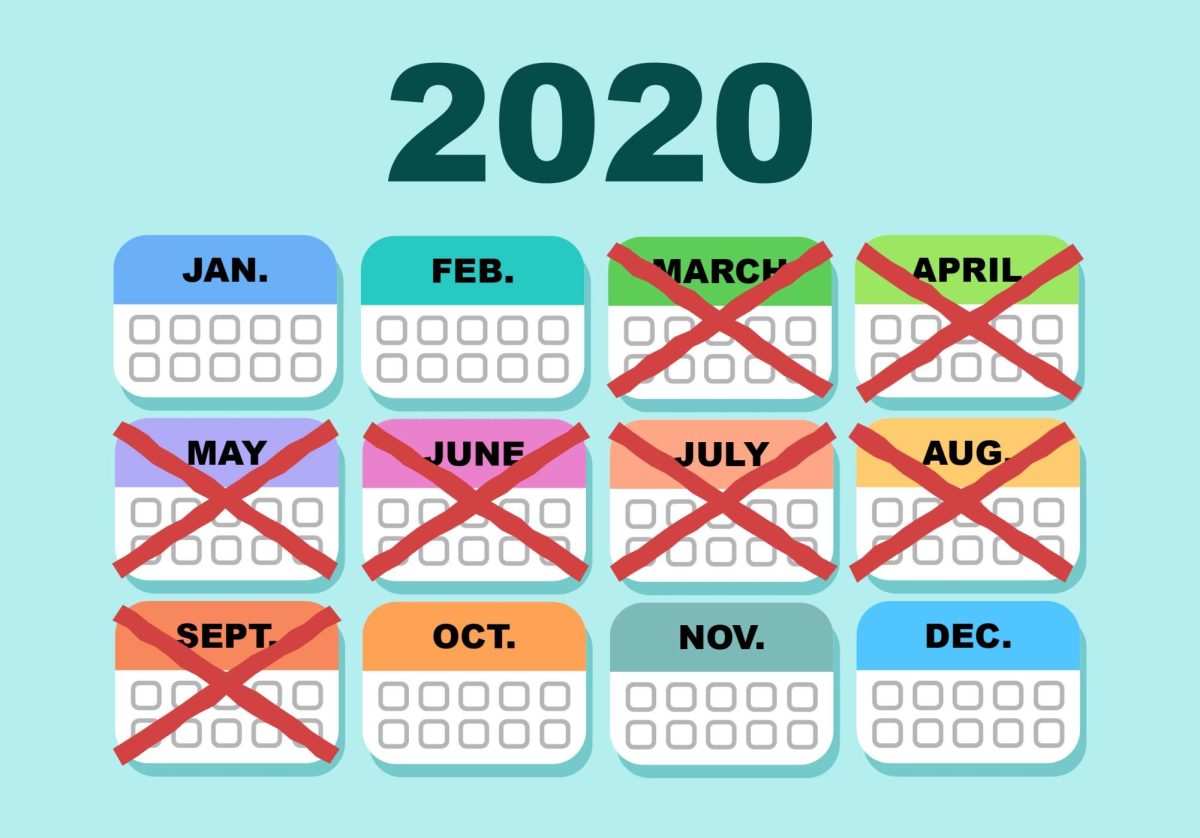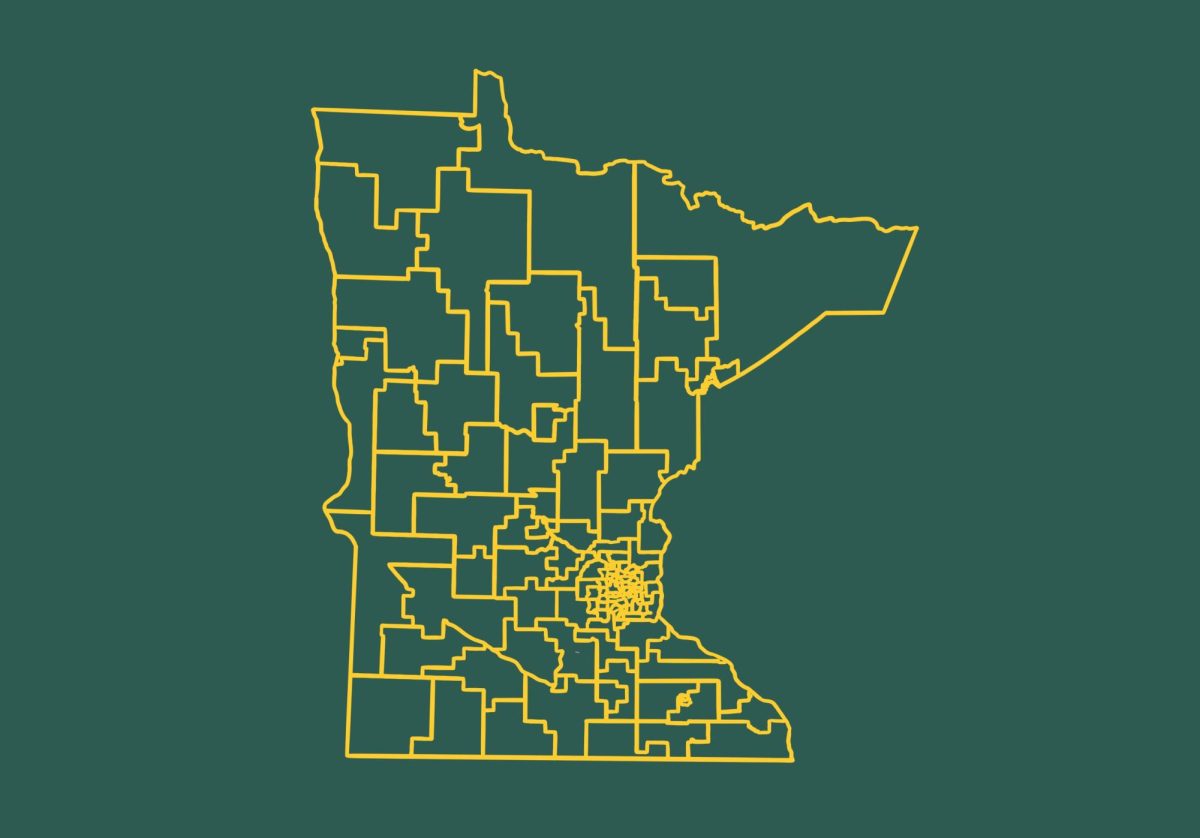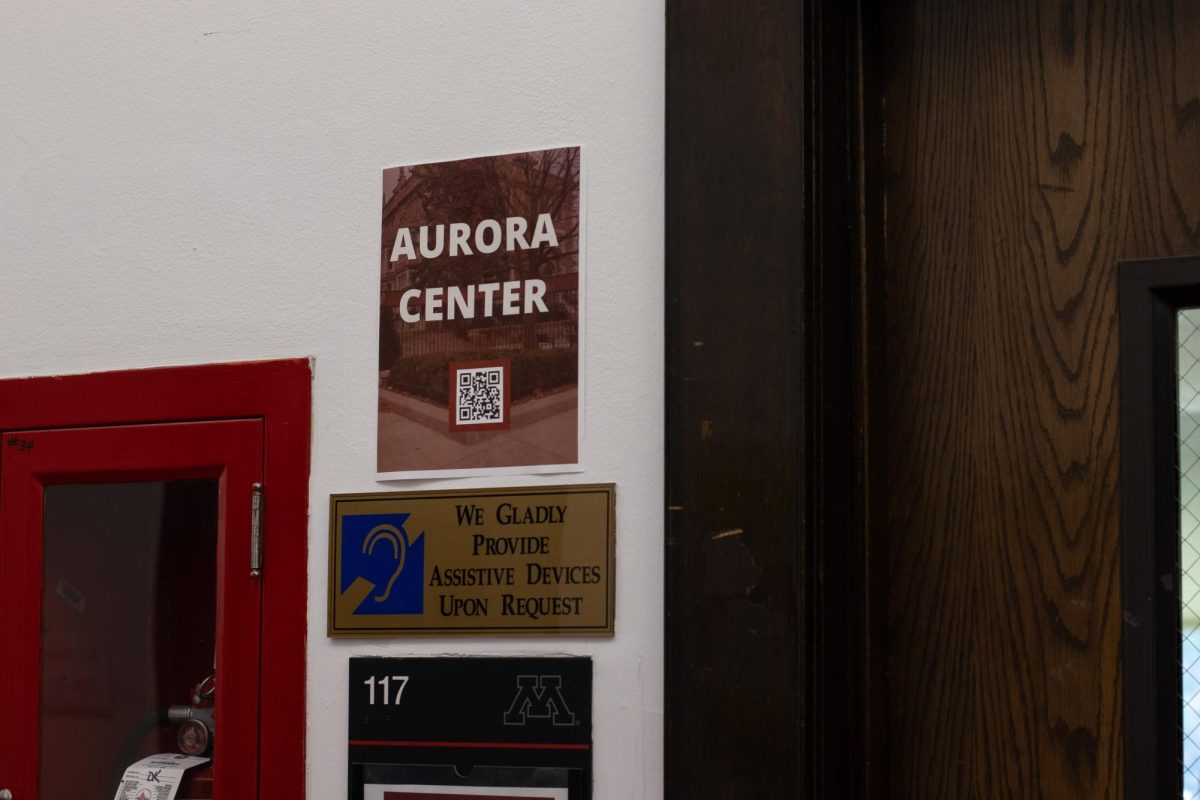On April 20, 1999, the Columbine High School shooting became the deadliest in U.S. history thus far when two shooters claimed the lives of 13 people and then their own, injuring 23 more. Since then, shootings and their death tolls being broadcast by the news cycle have become commonplace. The deadliest mass shooting to date has been the Las Vegas concert shooting on Oct. 1, 2017, killing 58 and injuring nearly 500.
There are plenty of news outlets covering shootings. But ProPublica’s Lois Beckett pointed out in a 2015 column that the complication of coverage comes from which type of shooting they are. That year, 355 mass shootings were reported by The Washington Post, a figure that, according to Beckett, comes from “a crowdsourced Reddit initiative that gathers media reports of shootings in which four or more people were shot.”
The number 355 has been refuted by various other news outlets because it includes instances other than indiscriminate shooting sprees. These instances, which conventionally aren’t counted as mass shootings, can be robberies, gang fights or point-blank murders. The number of dead victims to shootings can also increase over time because victims can die of wound complications.
The Redditors are right — documenting deaths due to gun violence is absolutely necessary and should be followed more closely. A reliable and easily accessible database — which is instinctively the responsibility of a newspaper — should make the public aware of all lives lost to gun violence, including more descriptive names for the circumstances of the deaths. But presenting a gang fight as a mass shooting is arguably misleading because its motives and reasons are entirely different. When we miscategorize deaths like that, we point ourselves in the wrong direction in pursuit of a solution.
Nebulous reports of death are not restricted to guns — two months after Hurricane Maria left Puerto Rico, the island’s government reported 64 dead on Dec. 9, 2017. But as of Aug. 29, 2018, the official death-toll estimate had risen to 2,975. To put that into perspective: around 1,800 people in New Orleans died due to Hurricane Katrina, and around 2,977 people died due to the attacks on September 11, 2001.
The reason for documenting death is important. Documenting deaths tells us exactly which problems we need to solve. For Puerto Rico or New Orleans, where the death toll and the wealth of the local community had an inverse relationship, the problem is usually solved by allocating aid and proper evacuation prior to the natural disaster. Michael Brown, the director of the Federal Emergency Management Agency during Hurricane Katrina, maintains that if we were able to evacuate the residents the way he wanted, there would have been no such death toll. But government drags its feet to supply the aid because of the sheer money it requires. The same goes for death counts. We need to solve the problem by limiting access to guns, as well as finding resources — yes, money — to protect and improve the lives of our citizens who die as a result of gun violence. My liberty ends where it impedes on the life of my neighbors. My tax dollars should go toward helping them, not just a select few.













